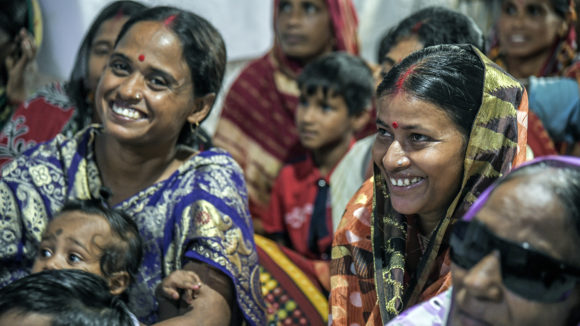On International Women’s Day (8 March), the UK government’s Foreign, Commonwealth and Development Office (FCDO) launched its new international women and girls strategy.
We see this is as a positive step forward to ensure that the UK government furthers its global leadership on gender equality.
We welcome the commitment that 80% of FCDO’s aid programmes will have a focus on gender equality by 2030. However, because 18 per cent of women have a disability, it is also essential that disability inclusion is prioritised in these programmes.
The strategy recognises that people with disabilities face increased risk of violence, as well as significant barriers to accessing and remaining in education. But it pays insufficient attention to marginalised groups – particularly women and girls with disabilities – and the intersectional forms of discrimination they face. It makes no reference to the key commitments made by FCDO in its disability inclusion and rights strategy and by the UK government at the 2022 Global Disability Summit.
The specific barriers faced by women and girls with disabilities are not recognised or addressed across most priority areas within the FCDO’s new strategy – particularly on sexual and reproductive health rights, women’s political and social empowerment and women’s economic empowerment. Addressing the multiple and intersecting forms of discrimination that women and girls with disabilities experience should be mainstreamed and receive appropriate resources across all the areas of the strategy. The ‘equalities continuum’ mentioned in the disability inclusion and rights strategy as one of the main tools to guide and support inclusive policies across FCDO is also not included.
We would like to see the international women and girls’ strategy accompanied by a clear implementation plan and sufficient, transparent and dependable funding allocations to deliver on its promise. The FCDO should also clarify how the strategy will be implemented alongside the disability inclusion and rights strategy.
As a champion of the 2030 Agenda for Sustainable Development’s promise to ‘leave no one behind’, the UK government must ensure that its commitment to gender equality applies to women and girls, particularly those who face additional discrimination and barriers in society. We believe that with this, the UK government will be better able to meet the goals outlined in its strategy.
Read all our latest news stories
News from Sightsavers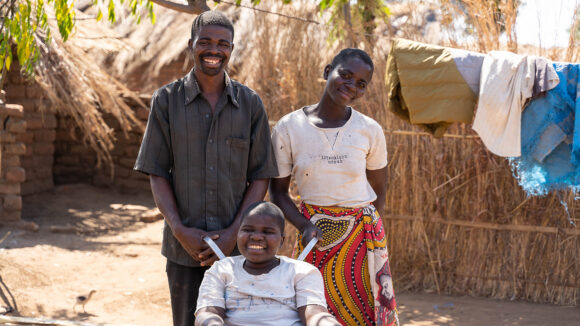
Sightsavers responds to report into FCDO’s work on disability inclusion
A report on the UK government’s development strategy and how inclusive it is of people with disabilities was published on Thursday 4 April.
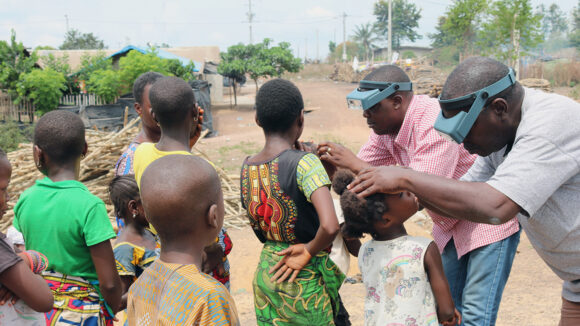
Sightsavers’ Accelerate programme gets US$36.5 million funding boost to banish trachoma
The extra funding from international donors will help speed up the elimination of trachoma in Africa by expanding and extending the programme.
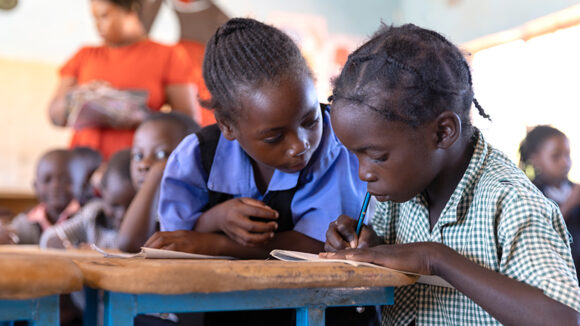
Sightsavers at the CIES education conference 2024
We're attending the conference in Miami on 6-14 March to share our expertise, engage with the education community and explore how we can transform inclusive education.
Inspirational stories direct to your inbox
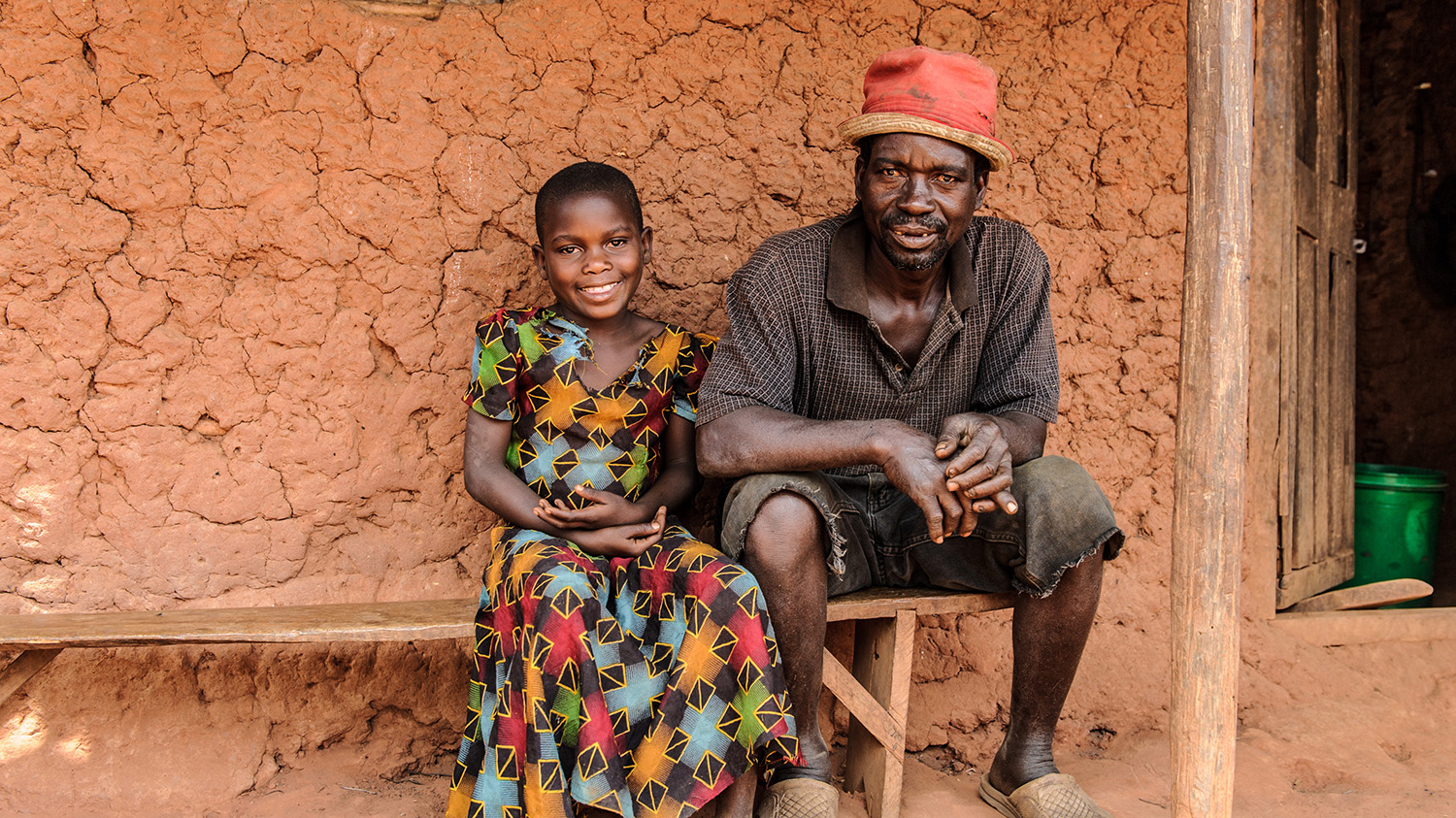
Inspirational stories direct to your inbox
Want to hear more from Sightsavers? Join more than 170,000 supporters who receive inspiring emails about life-changing projects and ways to support our work.
You will receive regular updates about our work and can unsubscribe at any time by clicking the link in each newsletter, or by emailing [email protected]
For more information see our privacy policy
